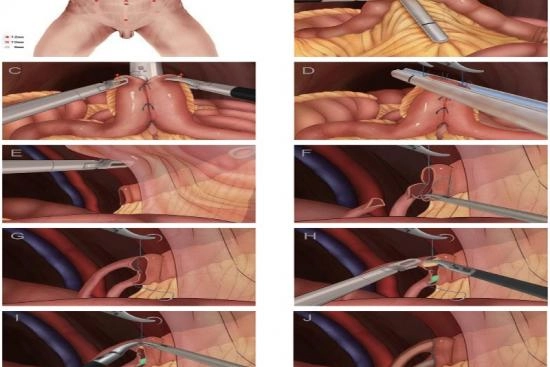A diagnosis of bladder cancer or severe bladder pathology can be life-changing. If a cystectomy, the partial or total removal of the bladder, is required, it is essential to have an experienced medical team, state-of-the-art technology, and comprehensive support.
In Turkey, many specialized clinics offer high-precision surgery in certified facilities.
Risks and Side Effects
- Bleeding.
- Blood clots.
- Infection.
- Pneumonia.







